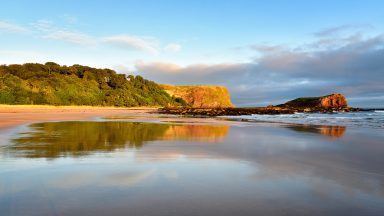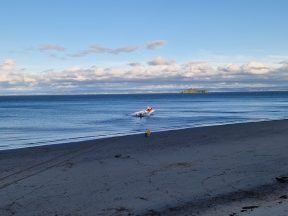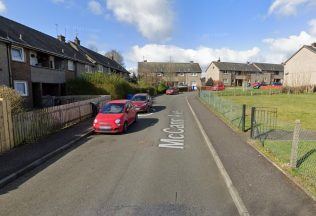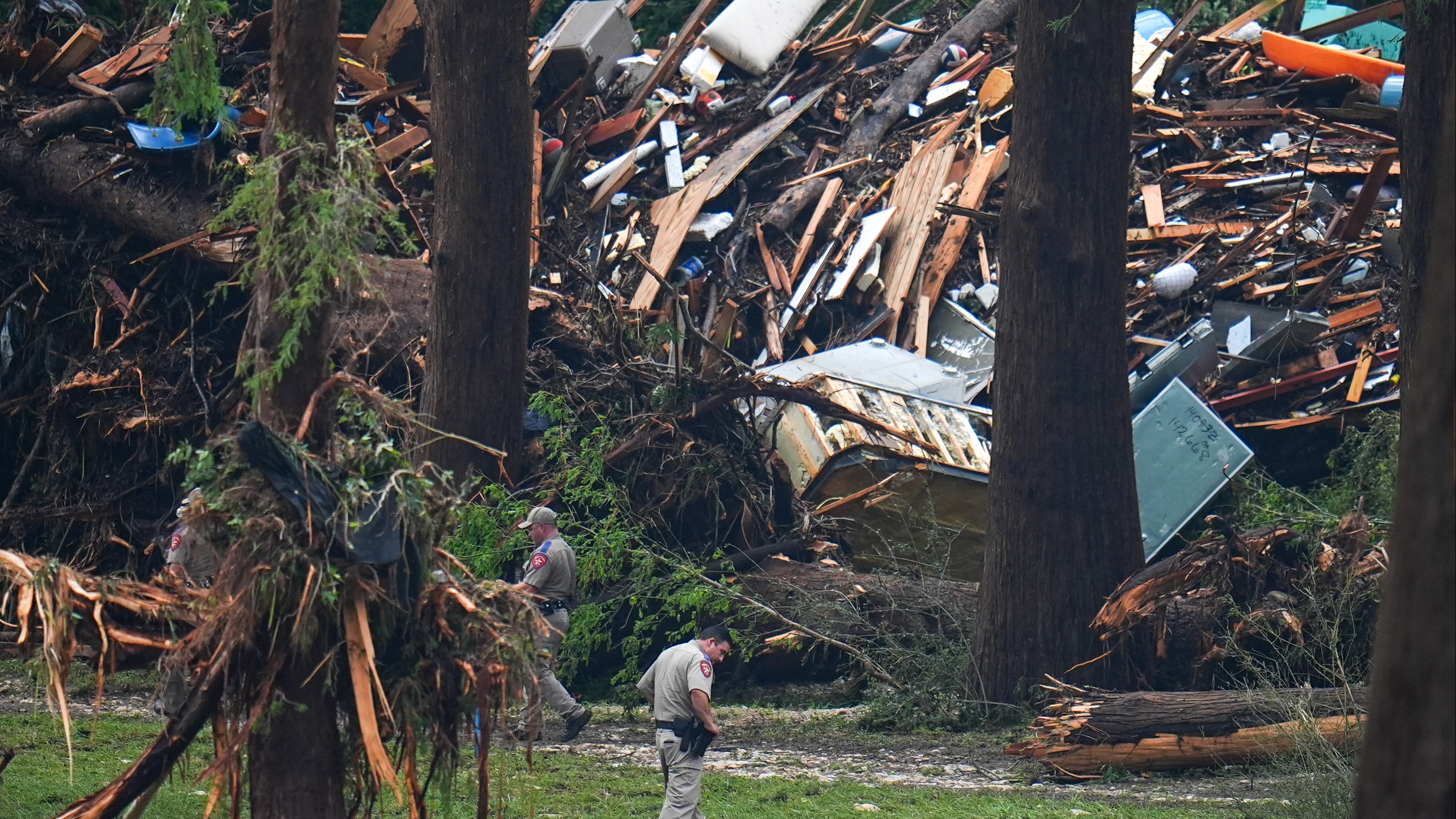A bid to build five homes on the edge of a Fife village has been rejected by councillors who rubbished the “disingenuous” claim it would help Scottish wildcats.
Developer Tim Esparon had hoped to secure permission for the private houses to the east of the B941 at Peat Inn, near Largoward, after Fife Council planning officers refused his plans at the end of last year.
After his proposals were rejected, Mr Esparon lodged an appeal with Fife’s Planning Review Body, and supplied extra information that claimed the introduction of trees such as Scots pines, Norway spruces and Douglas firs would encourage wildlife to live in the area, including Scottish wildcats.
However, Scotland’s wildcat population has dwindled to the point they are are only found in the Scottish Highlands, leading councillors to brand the supporting statements “disingenuous”.
Cllr Graham Ritchie said: “I find the presentation by the developer a little bit disingenuous.
“They’ve illustrated Scottish wildcats as [a means of] supporting it, but there are no Scottish wildcats in Fife. Not one.
“I find that a little bit disingenuous. They’ve also mislabelled a picture of a newt as a dragonfly [in their supporting statement] – it’s a bit of a nonsense, and I’m disappointed in a developer bringing that to us as though we wouldn’t know, or wouldn’t pay attention to it.”
Scottish wildcats, also known as Highland tigers, have declined rapidly in number over the last century due to loss of habitat and are now considered a critically endangered species.
Case officer William Shand told the meeting on Monday: “The applicant argues that it is brownfield land and argues development of the site would provide a betterment and improve the landscape quality of the area, and that there is no detriment because they are providing landscaping and greenspace.”
However, councillors have agreed with planners’ original verdict: that the plot had been “re-naturalised” as green space because the aged building had fallen into a state of ruin over several years.
A total of 24 Peat Inn residents had also objected on the grounds of road safety fears, the scale of the development in the small hamlet and the additional risk of flooding they alleged the development would have created.
The review body voted to uphold the refusal of the plans on the grounds that they did not meet the criteria for building in the countryside and had not adequately considered road safety.
Cllr David Barratt, convener of the Fife Planning Review Body, summed up: “Having gone through it all, we find ourselves agreeing with everything the officers said.”
By local democracy reporter Jon Brady
Follow STV News on WhatsApp
Scan the QR code on your mobile device for all the latest news from around the country


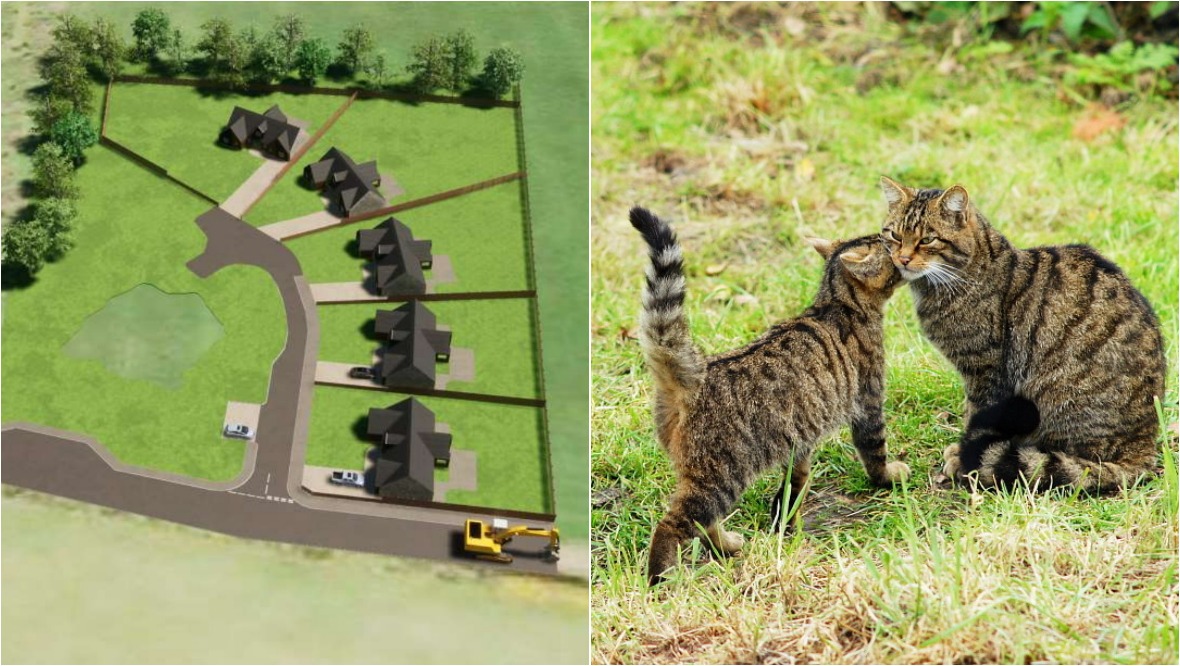 D7 Architecture via planning applicationFlickr
D7 Architecture via planning applicationFlickr












